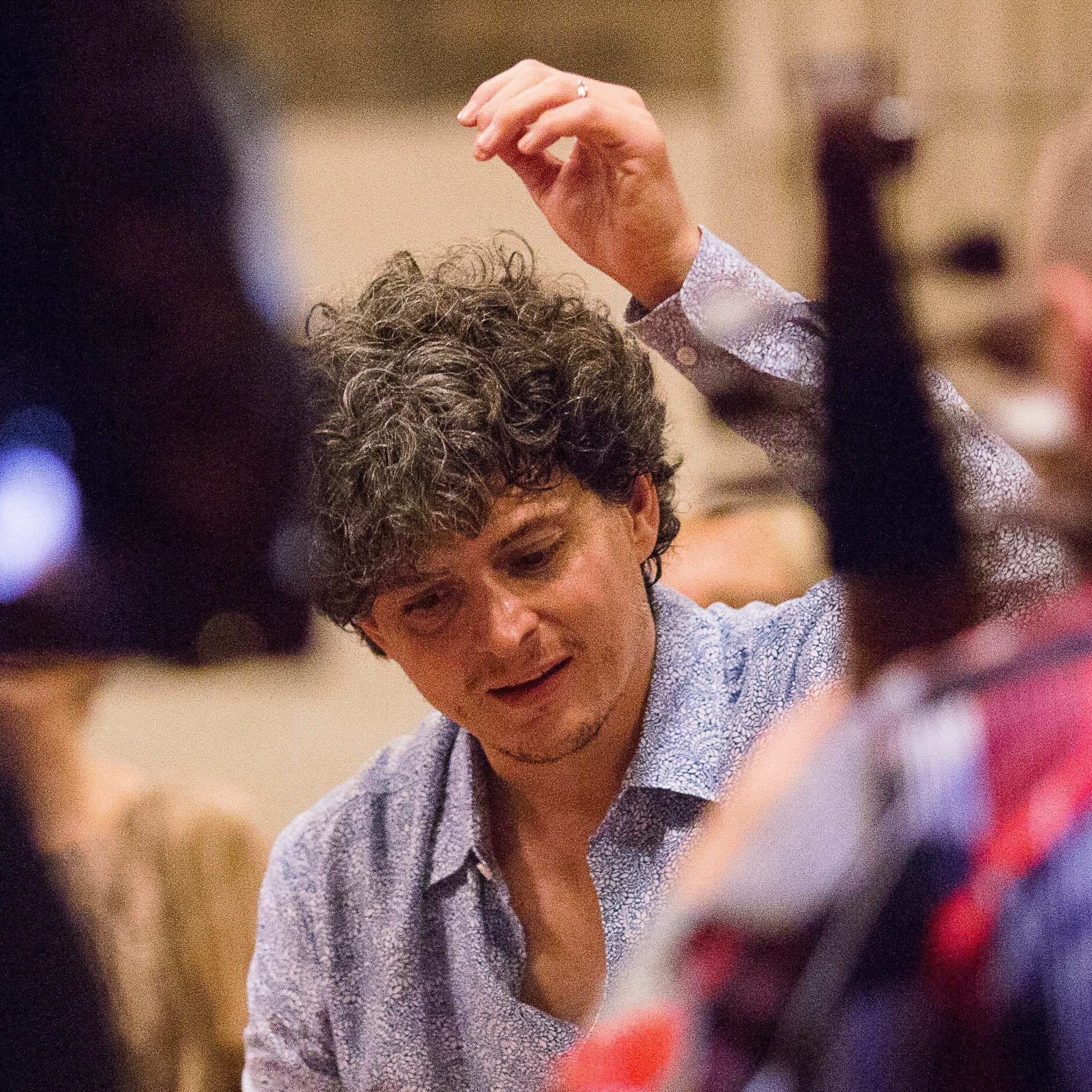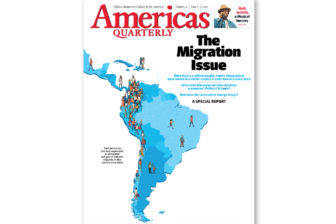This article is adapted from AQ’s latest issue on China and Latin America
Spring is as much a time for finding new music as it is for revisiting the classics. In AQ’s latest playlist, our reviewer takes a fresh look at an old favorite, and recommends a look at two current artists at the top of their game.
Eydie Gormé and Trio Los Panchos – Amor
Amor was one of the few cassettes we had at home when I was growing up in Argentina. Released in 1964, the album came to be after Los Panchos – then at the height of their popularity – saw Gormé perform at the fabled Copacabana nightclub in Manhattan. That didn’t matter much to me as a kid. I only knew that the singer had a beautiful voice and a hard-to-place accent, and that Los Panchos’ smooth, precise accompaniment was simply perfect.
It was only much later that I found out Gormé was a native New Yorker who already had a successful career in the U.S. by the time Amor was released. She had used her command of Ladino, the Judeo-Spanish language her family spoke at home, to branch out into Spanish-language music. Los Panchos, then at the peak of their popularity, were a perfect fit.
Amor went beyond the usual bolero hits, including refreshing versions of older songs and a few compositions that became instant classics. The long-lasting curse of love cast in “Sabor a Mí,” first recorded here, became one of the greatest bolero tunes of all time. These performers are so refined that even their percussion-spiced version of Gardel’s tango Caminito shimmers with sincere emotion (for any tango-head, mixing tango and bolero is decidedly not a good thing).
Amor was a mega hit and remains as fascinating and transporting as it was all those years ago. This was NAFTA before NAFTA, leaping over language divisions to remind us that international collaboration is something people have always yearned for, whatever the forces of resistance might say.
LaBaq – Voa
A rising star in the Brazilian indie scene, LaBaq creates cool, sometimes weird worlds of sound where propulsive percussion and bass complement clean guitar playing and an unassuming voice. Her debut album, Voa (Fly), was released in 2016, while Ao Vivo (Live), a live recording of the Voatracks, appeared last year. Sometimes, as in the studio version of “Clara,” the sounds LaBaq omits are as powerful as those she includes – their failure to appear when the ear expects them propels listeners into the next beat. Over this focused and subtle base, LaBaq sings of love and human connection in Portuguese and Spanish (and Portuñol), like a modern-day trobadouress on a bed of swing.
Javier Camarena – Contrabandista
Javier Camarena specializes in early 19th-century Italian opera, a repertoire called bel canto in which the singer’s ability to deliver melodies with seemingly little effort is paramount. Camarena’s latest album, Contrabandista (Smuggler), expands our view of that musical world through the figure of globe-trotting Spanish singer and composer Manuel García.
García was a singer, impresario, and composer (and the father of some of the greatest opera stars of his era), but his works are relatively unknown today. Contrabandista includes arias García sang alongside some of his own music, rich in proto-flamenco flavor and ingenious instrumentation. My favorite is “Yo que soy contrabandista,” a worldwide hit at the time is all outlaw swagger and “gypsy” sound. The singer is sensitively and colorfully accompanied by the period instrument ensemble Musiciens du Prince-Monaco under Gianluca Capuano (Cecilia Bartoli makes a guest appearance as well). Throughout, Camarena’s voice glides to stratospheric heights smoothly, reminding us why the Mexican tenor is one of the most sought-after stars in the international opera scene.
—
Zubieta is director of the music program at Americas Society.







